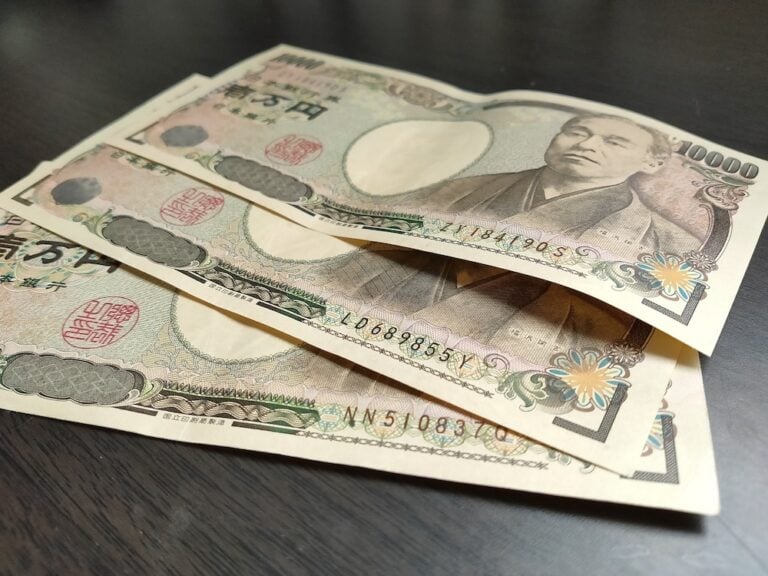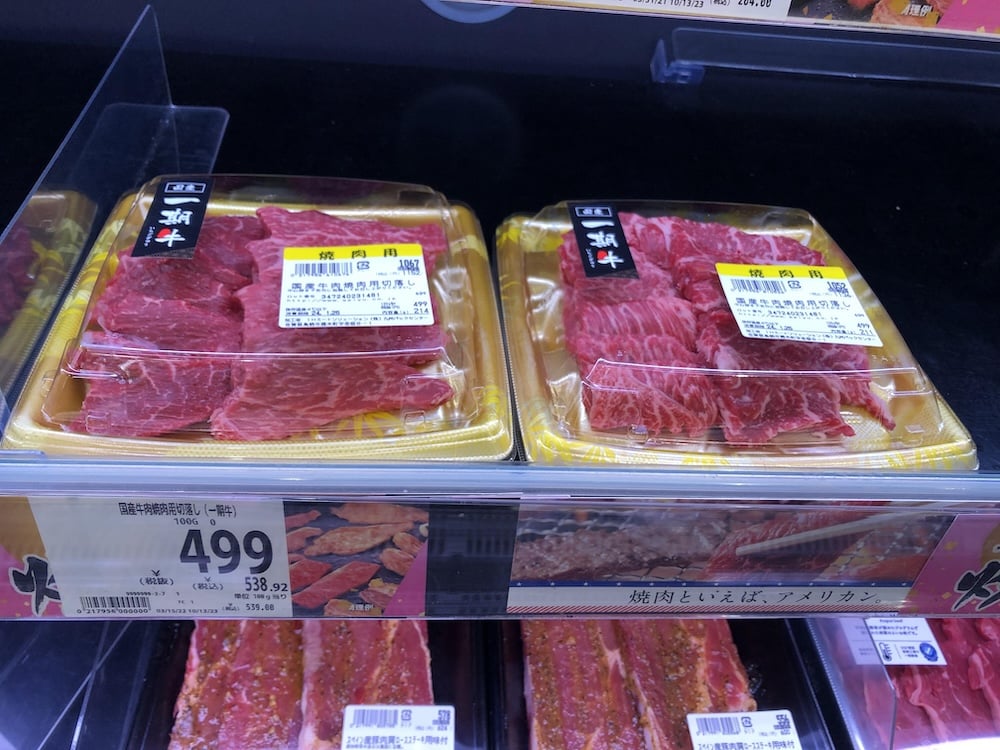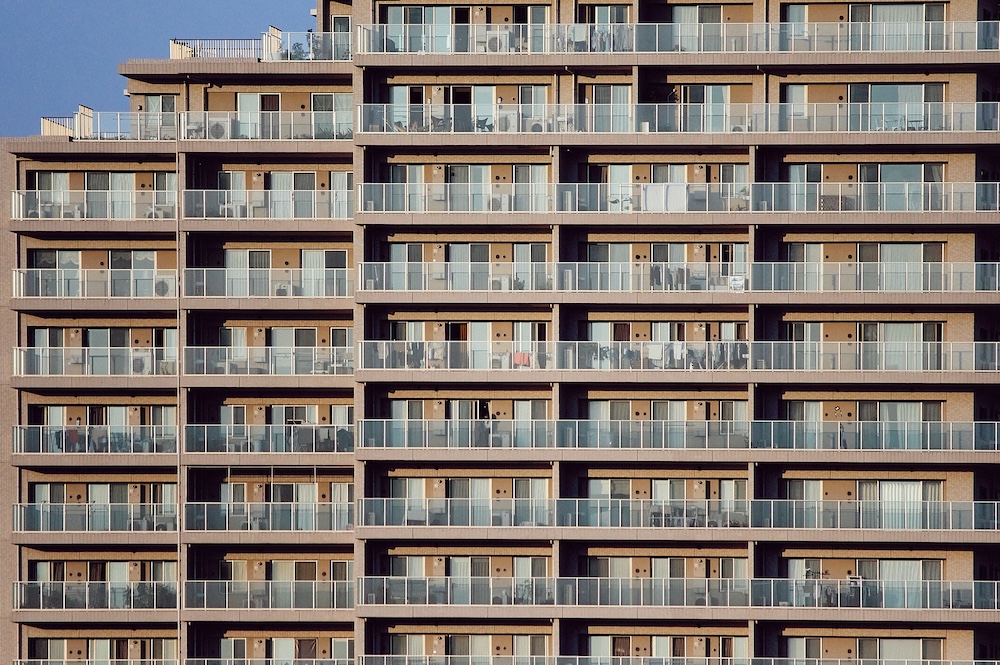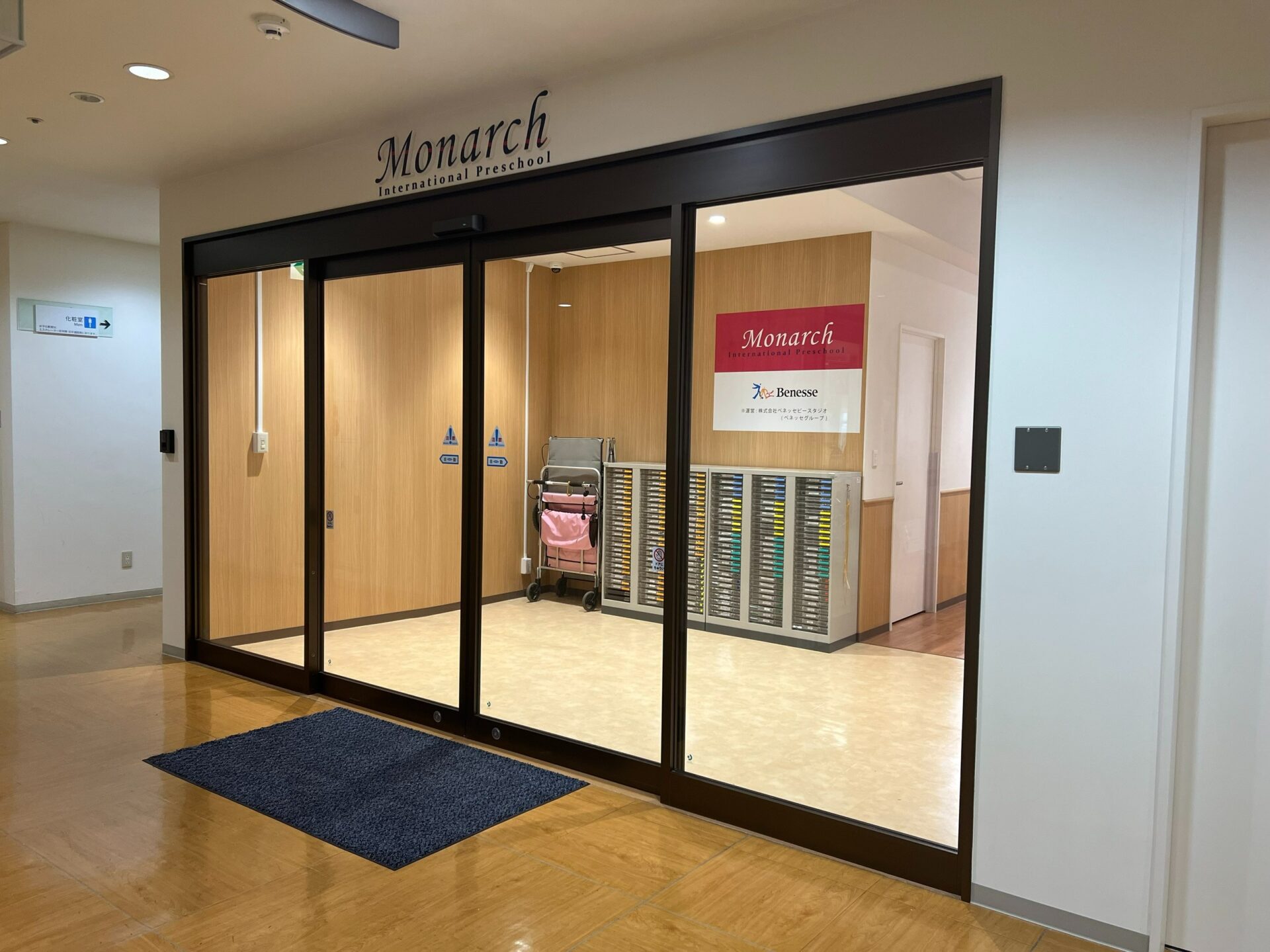
Japan has an image of being a super expensive place to travel to. When I tell people that I live in Japan, I’m often met with exclamations of how tough it must be, to which I’m almost always surprised. I would argue that Japan is quite an affordable place to live. It’s nowhere near how bad London, Hong Kong, or Singapore are.
How much is rent in Japan?
Japan is a famously crowded nation. If you go to the centre of Tokyo, you’ll be pushing past people left, right, and centre. The same can be said for other huge cities like Osaka, Kyoto, and Sapporo. With space at a premium, you wouldn’t be wrong to think that rent is quite high.
In Tokyo, I have friends who have a decent little studio apartment for around 70,000 yen ($475USD) per month. They tell me that there are many places like that if you look around 30/40 minutes out of the centre by train. For that kind of price, you’ll be getting what the Japanese refer to as a 1K apartment. This is an apartment with 1 room (i.e. where you sleep and live), a kitchen (the ‘K’ of ‘1K’), and then a toilet and shower. You’ll be looking at about 25m2 of floor space for this size of apartment. If you go up to a 1LDK (same as before plus a ‘Dining Room’, ‘D’), you’ll be paying somewhere around 110,000 ($745USD) to 120,000 yen ($815USD) per month. These tend to go up to around 35m2.
Considering studio apartment rent in areas of London that are around 30 minutes from the centre is roughly £1200 ($1525) per month, I’d say even Tokyo isn’t terrible for rent prices.
The situation only gets better for other cities. In Osaka, you could nab a decent 1K for around the 60,000 yen ($405) per month mark. A 1LDK would only put you back about 80,000 yen ($540).
So, I wouldn’t go thinking that rent will kill you in Japan. On the contrary, I think most foreigners that live here are refreshed at how affordable it is.
You might have heard about moving costs here, and it’s true that obligatory deposits and ‘key money’ can rack up when you move into a new place. But even with those fees, it balances out over a year or so to still be reasonable.
Cost of Groceries in Japan

Are groceries expensive in Japan? This is a complex and highly subjective question. Let’s take the example of rice. I can go to my local 業務スーパー (wholesale style supermarket chain) and get 10kg of rice for roughly 2000 yen ($14). At harvest time, I can get that 10kg bag for as low as 1200 yen($8). A bargain, right?!
Vegetables vary a lot, so I’ll just give you some examples of prices at my local supermarket so you can make your own reference:
| Vegetable | Price |
|---|---|
| Broccoli | 150 yen ($1) |
| Onions | 250 yen ($1.69) |
| Carrots | 200 yen ($1.35) |
| Shimeji Mushrooms (1 pack) | 100 yen ($0.68) |
| Tomatoes | 300 yen ($2) |
| Daikon | 150 yen ($1) |
The meat here isn’t too bad either! I can get 3 big chicken breasts for around 700 yen ($4.75). If I’m feeling a bit on the fancy side, I can grab myself some legit, marbled 和牛 for 499 yen ($3.38)/100g.
Dairy is a little on the pricey side here, but not totally out of reach. 1 litre of milk is around 200 yen ($1.35). 200g of genuine butter, which is delicious I will say, is around 500 yen ($3.38). I can get 500g of cheese for 550 yen ($3.70).
I think one of the main things you have to remember when comparing groceries here, is that if you live like a Japanese person, then it’s super affordable. But, that means probably eating much more moderate amounts of meat, fish, and vegetables. Japanese people tend to eat smaller portions and focus a lot of it on rice. If you eat Western amounts of food, you’ll pay more.
Eating Out
One of my favourite things about living in Japan is that it’s so affordable to eat out here. I can go and grab a bowl of ramen from almost any ramen shop for 800 yen ($5.41). A decent 牛丼 (Beef Bowl) set at one of the main chains won’t go over 1000 yen ($6.77), even if I get the big portions. Feeling fancy? The best Italian restaurant in my town only gets to around 2500 yen ($17) for a meal with a couple of glasses of wine. Feeling meaty? I can go to Yakiniku King and get 80 minutes of all-you-can-eat meat for 3500 yen ($24). I’m telling you; I’ve never eaten as well as I have in my 5 years in Japan. I am dreading the time when I leave, and I have to admit to myself that eating out 3 or 4 times a week isn’t normal everywhere.
Transportation
I adore public transport in Japan. Admittedly, the UK’s train situation is dire, and it might not be so bad everywhere, but I went from spending upwards of £15 ($20) for a return train that takes 45 minutes each way, to paying around 800 yen ($5.40) for the same distance. What’s more, the Japanese one is almost always perfectly on time.
How about the underground system in some major Japanese cities? Well, catching a subway from Tokyo station to Shibuya will set you back 200 yen. The equivalent in London would set you back £3.40 (640 yen). In New York, that would be $2.90 (430 yen). Have I convinced you yet?
The same story happens again and again when you look at different forms of transport. Be it a boat, tram, or bus, it’s all a bit cheaper here than in the West.
Healthcare
If you’re enrolled in the standard Japanese healthcare insurance programme, you’ll be paying 30% of all medical bills. That includes dental plans too by the way! The service you receive for this is amazing. I can have a specialist looking at my worn-out body with 24 hours easily. For those you of from the UK who might be scoffing at the idea of paying money for medical procedures, imagine not having to wait at the GP surgery for hours just be told you’re getting put on a waiting list for years because you aren’t an urgent case.
Imagine walking into a specialist clinic without an appointment and being seen within the hour. That’s the reality here. For you US citizens out there, this’ll likely be a huge wave of relief coming from the land of capitalist healthcare. I actually have a friend from the US who chose to have her baby here as it was so much more affordable than back home.

My Case>
I can hear some of you out there enraged by what I’ve written so far. “You haven’t accounted for the low Japanese wages!” Let’s address that now. Japan indeed has lower wages than in the West. Earning around 200,000 yen ($1355) per month is considered fairly normal. In Tokyo, 4 million yen a year is considered a decent gig.
As for me, I live in Nagasaki, and I currently earn around 300k yen per month ($2000). My rent is 55,000 yen ($372) per month for a 4th floor flat near to the centre of town which is 50m2. My monthly gas, electricity, and water come in at a total of around 10,000 yen ($68). I don’t have a car park included with my accommodation. All in all, 20% of my wage is in living costs. Considering in places like London, renters are paying upwards of 40% of their monthly wage on accommodation, I feel lucky to live here.
It’s hard to know how much I spend exactly on groceries every month, but I’d estimate around 30,000 yen ($200). That’s with buying quite frivolous foreign goods and such too. If you stick to a more Japanese diet, I think you could bring that down considerably.
As I’ve mentioned, eating out in Japan is as cheap as chips, I eat out around 3/4 times a week for a total of probably 20,000 yen per month ($136).
So even with having my place, buying groceries, and eating out 3 times a week, I’m still left with around 165000 yen ($1100) for fun activities at the end of every month. I’m happy with having that much left, and I’ve never struggled with that amount of money coming in.
I recently chatted to my friend who lived in London (quite a way out of the centre too) and he told me that on around £25k ($32k) per year, you’d be saving nothing. Of course, that’s dependent on the person and situation, but you can have a $26k a year job here and easily save, whilst doing a tonne of activities. For me, the choice is clear.
Living in Japan is a refreshing step into a world without constant worry about money. You will be able to maintain a fantastic quality of life without the regret that would come with that back home. Of course, every situation is different, but from where I’m standing Japan is by no means the expensive country it has the reputation of being.















